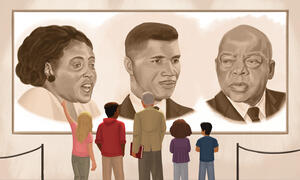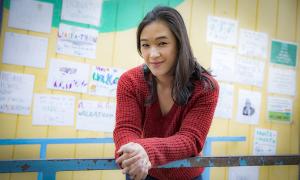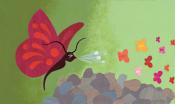text
Informational
A Tale of Two Schools
On April 14, 1947, the Ninth Circuit Court of Appeals in San Francisco upheld the lower court decision in Mendez v. Westminster, which required the school to integrate and set the stage for Brown v. Board of Education.
August 7, 2017


